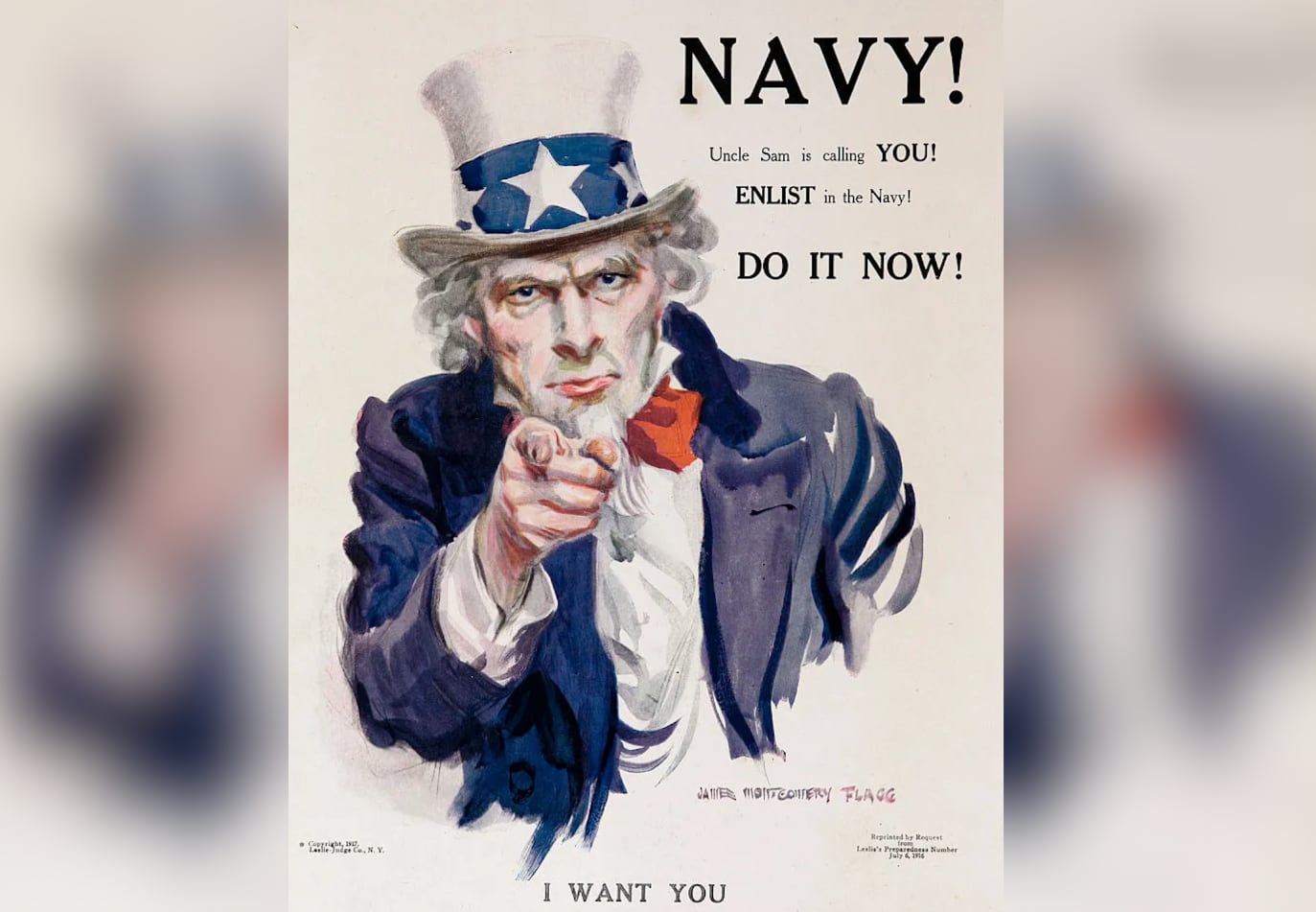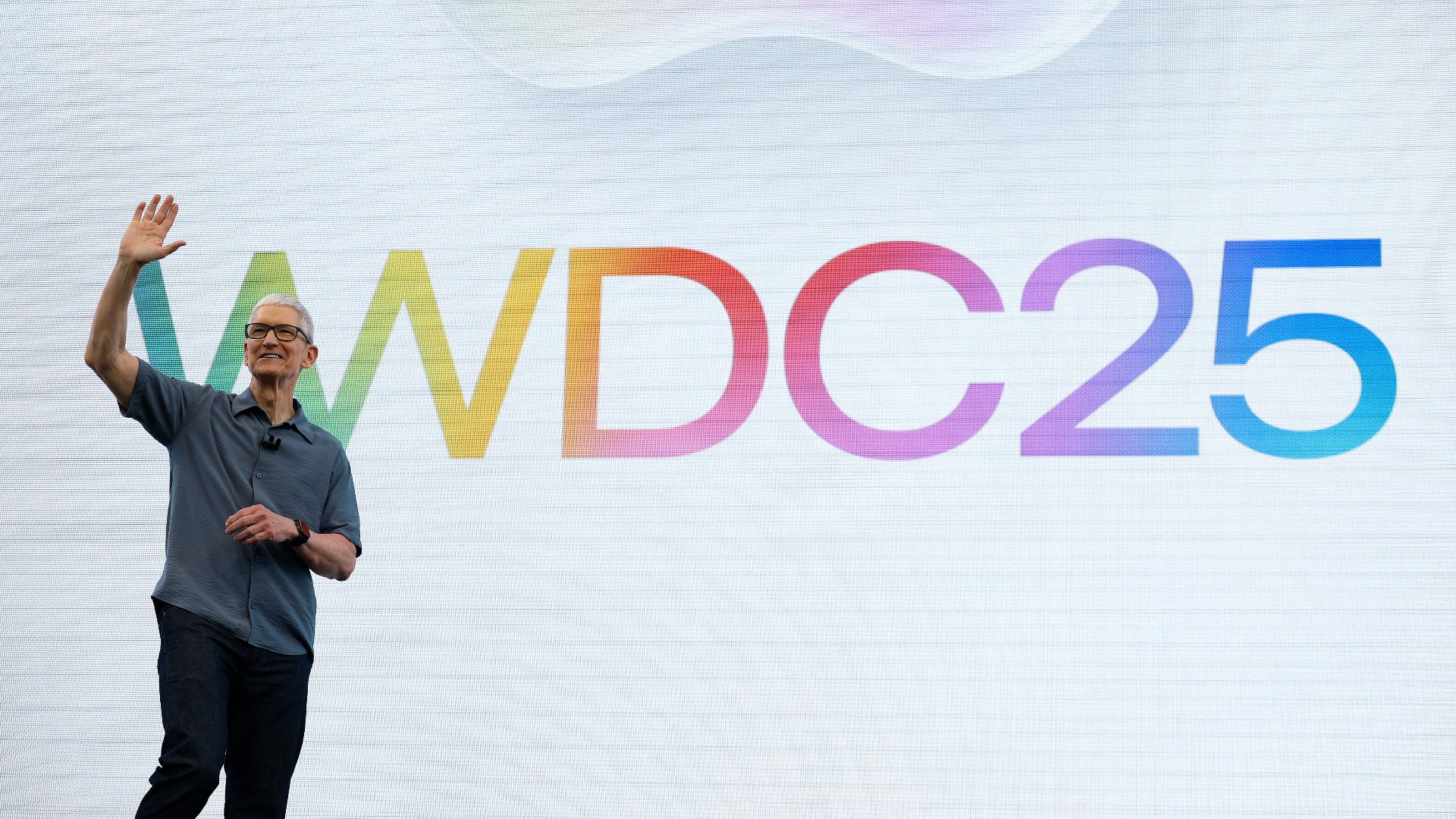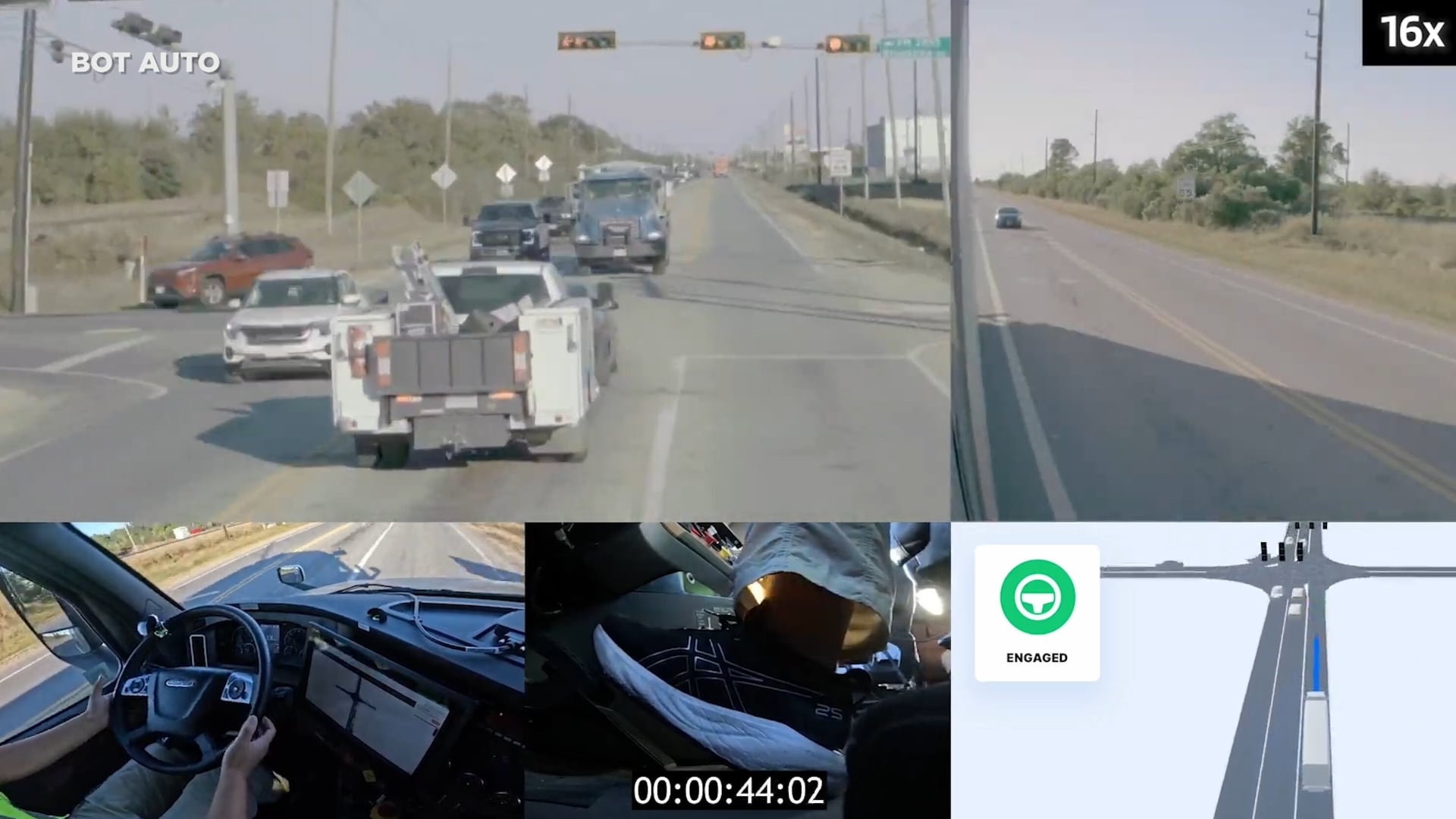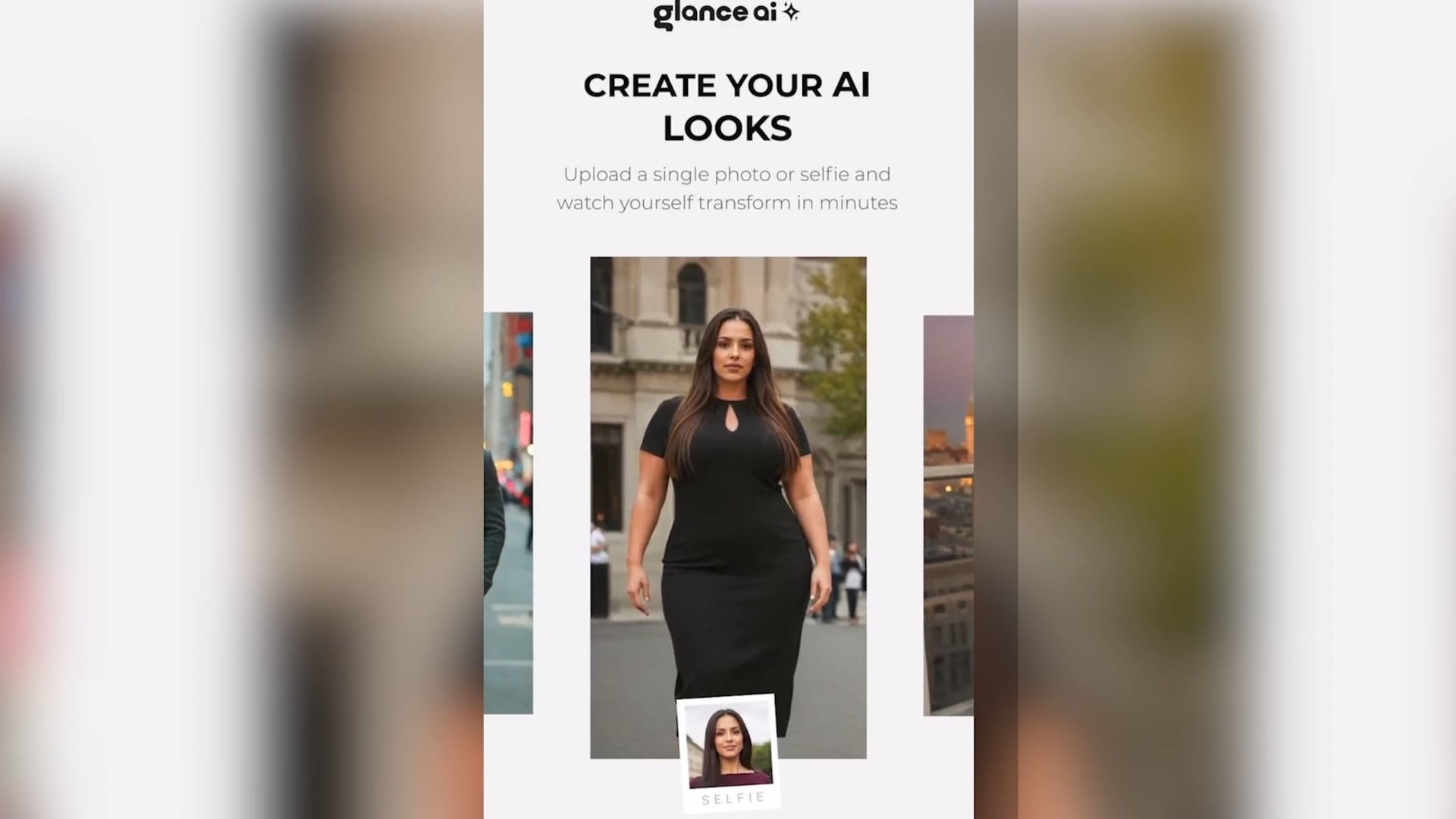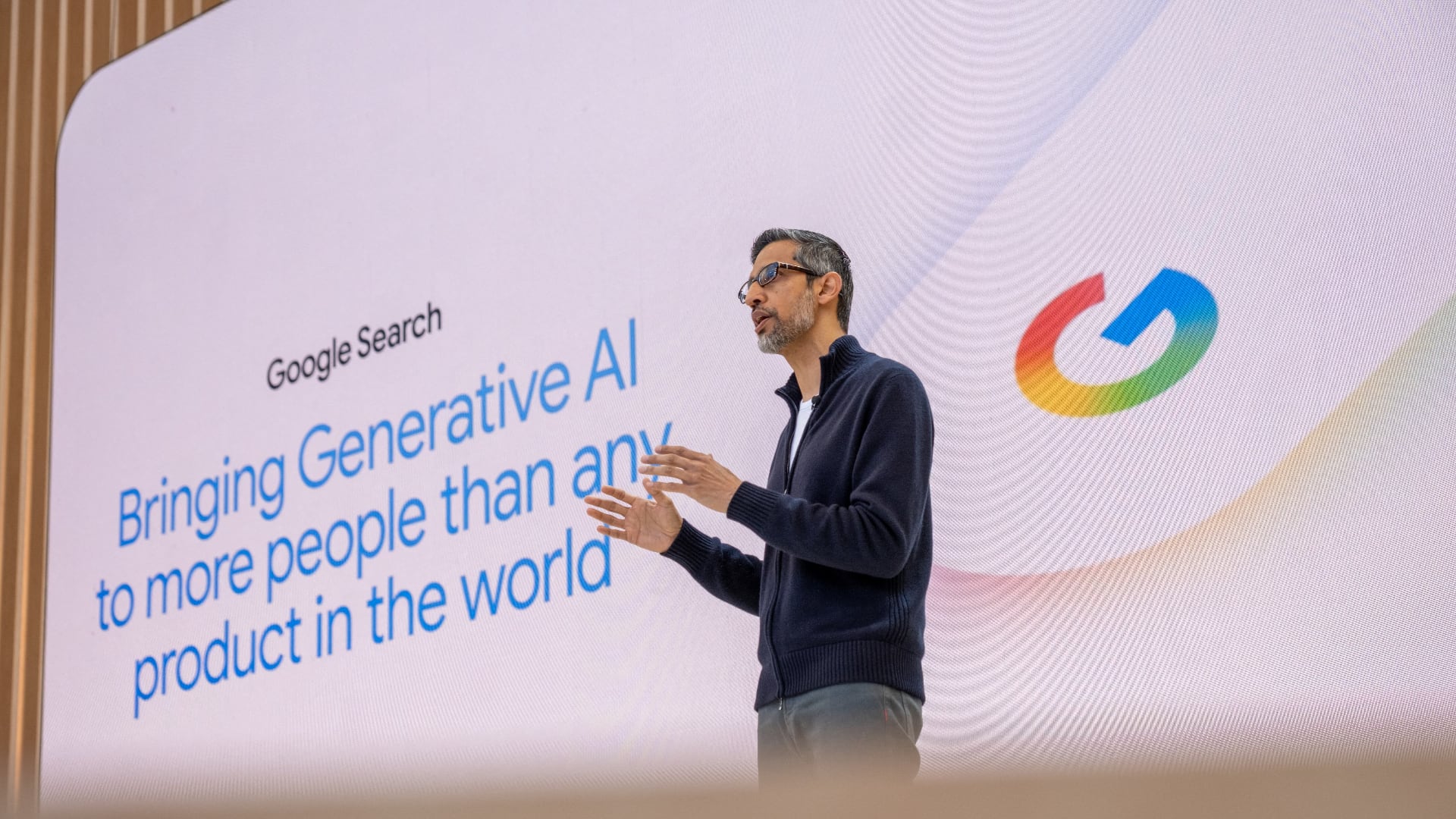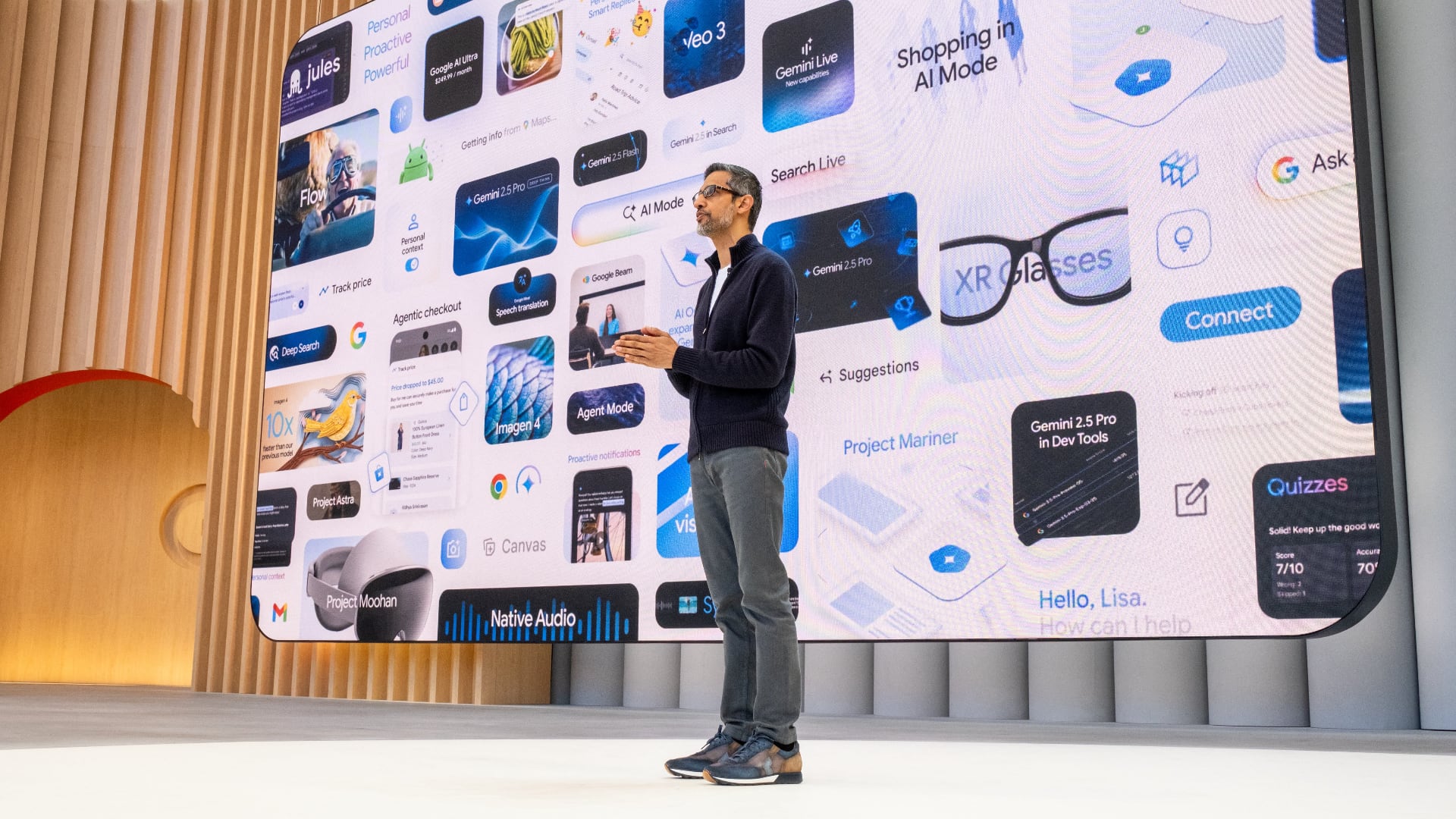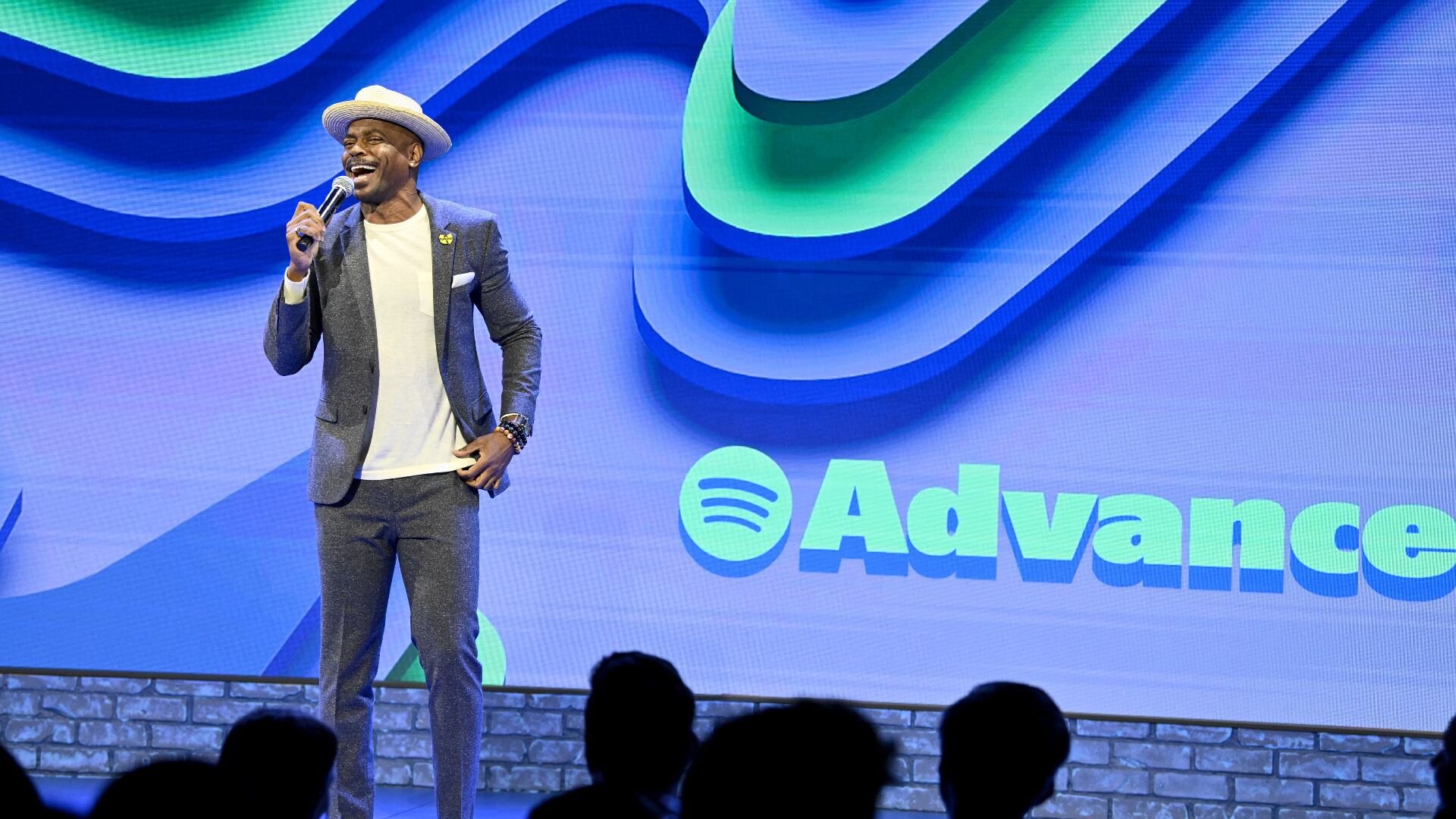The electrification of cars on the road is sweeping the auto industry as pressure mounts to reverse the impact of climate change and now the Big Apple is getting in on the action.
New York City is proposing requirements for ridesharing services like Uber and Lyft to have 100 percent electric vehicle fleets by the year 2030. Mayor Eric Adams made the announcement and expects the NYC Taxi and Limousine Commission to oversee the regulatory changes.
The move garnered some initial support from executives at both Uber and Lyft.
"We are excited to partner with New York City on our journey," Paul Augustine, director of sustainability at Lyft, said in a statement. "New York's commitment will accelerate an equitable city-wide transition to electric, and we're eager to collaborate with TLC on an ambitious plan for rideshare clean mile standard."
The announcement already aligns with Lyft's intentions for electrification. In 2020, the service shared plans to have a fully electric fleet — in more places than New York City — by 2030.
Two years ago Uber announced plans to electrify its entire global fleet by 2040 and by 2030 in the U.S., Canada and Europe.
"We applaud the Mayor's ambition for reducing emissions, an important goal we share," Josh Gold, senior director of policy at Uber, said in a statement. "Uber has been making real progress to become the first zero-emissions mobility platform in North America, and there's much more to do."
As both Lyft and Uber operate through independent contractors, the difficulty of getting drivers to switch to electric would be addressed with incentives such as bonuses offered by the companies and infrastructure investments by the city.

